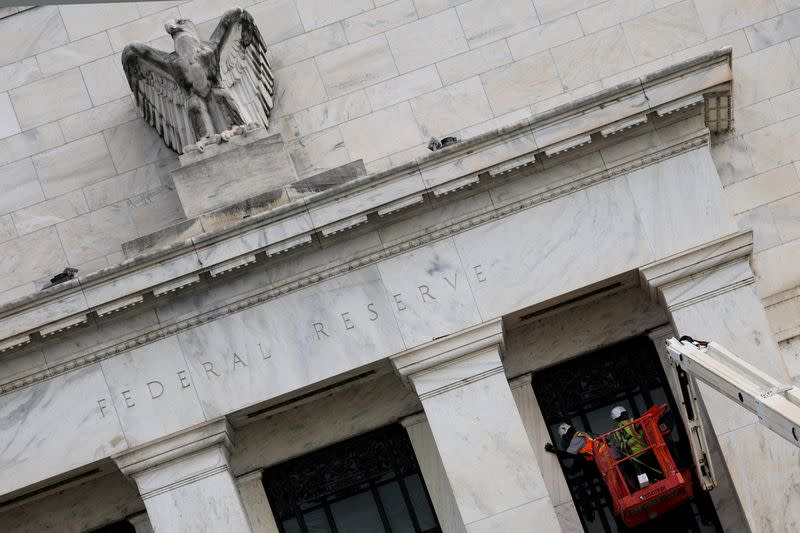
U.S. producer prices surge in July as Trump tariffs push costs higher
Key Points
- U.S. wholesale inflation surged 0.9% in July, the largest increase in over three years, driven by President Trump's import tariffs, with annual wholesale prices up 3.3%.
- Core producer prices, excluding food and energy, also rose 0.9% month-over-month, with a year-over-year increase of 3.7%, indicating persistent inflationary pressure.
- Importers are currently absorbing much of the tariff costs, but economists warn that these higher costs may soon be passed on to consumers.
- Specific categories like vegetables (up 38.9%) and home electronics (up 5%) saw significant price jumps, reflecting the impact of tariffs on imported goods.
- Uncertainty around Trump's trade policies and tariffs, combined with legal challenges and stockpiling effects, is creating contradictory economic signals.
Summary
U.S. wholesale inflation spiked unexpectedly in July, rising 0.9% from June—the largest jump in over three years—driven by President Trump’s sweeping import tariffs, according to the Labor Department. Annual wholesale prices increased by 3.3%, while core prices, excluding volatile food and energy, also rose 0.9% month-over-month and 3.7% year-over-year. Economists warn that while importers are currently absorbing much of the tariff costs, these may soon be passed on to consumers, potentially fueling higher retail prices. Significant price surges were seen in imported goods like vegetables (up 38.9%) and electronics (up 5%). Uncertainty looms due to unpublished trade agreements, legal challenges to tariffs, and diminishing stockpiles of pre-tariff imports. Meanwhile, consumer inflation remains above the Federal Reserve’s 2% target at 2.7%, with core consumer prices at 3.1%. The Fed, facing pressure from Trump to cut rates, is adopting a cautious approach, complicated by this inflation data and political interference concerns following Trump’s criticism of the Bureau of Labor Statistics. This wholesale inflation report signals potential challenges ahead for consumer prices and Fed policy decisions.
yahoo
August 14, 2025
Stocks


